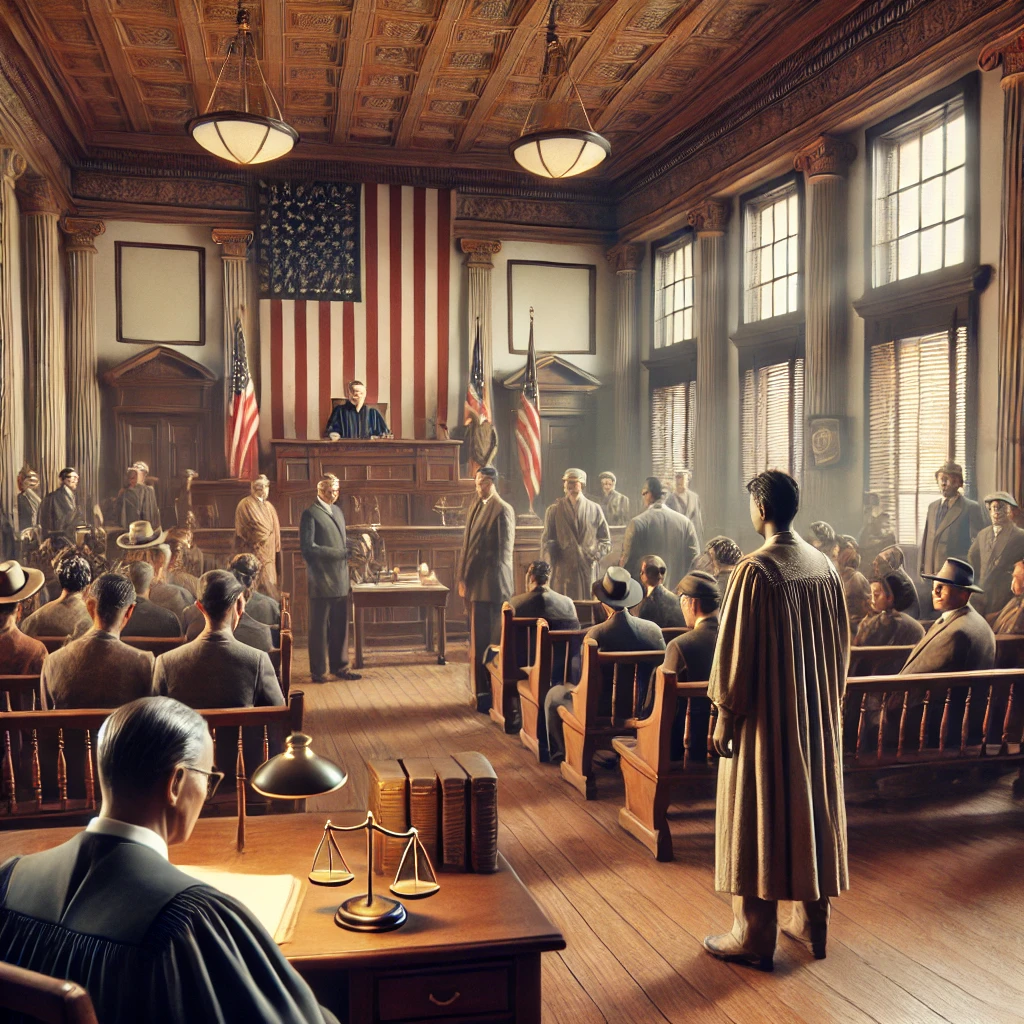
Limits on Deportation Based on Affiliation with Prohibited Organizations and Protections of Procedural Fairness
Bridges v. Wixon, 326 U.S. 135 (1945).
Summary of the Case: Substance and Outcome
This case addressed the deportation of Harry Bridges, an Australian-born longshoreman and union leader, based on allegations that he was affiliated with and a member of the Communist Party, an organization said to advocate the violent overthrow of the U.S. government. The U.S. Supreme Court examined the limits of the government’s power to deport aliens for such affiliations and whether the procedural safeguards in deportation hearings were adequately followed.
Facts
- Harry Bridges entered the U.S. from Australia in 1920 and became a prominent labor union leader.
- Bridges faced deportation under a law allowing the removal of aliens affiliated with organizations advocating violent government overthrow.
- The government alleged that Bridges was affiliated with and a member of the Communist Party and the Marine Workers Industrial Union (MWIU), both deemed subversive.
- Key evidence included hearsay statements from witnesses, notably a claim that Bridges was seen pasting stamps into a Communist Party membership book.
- The deportation order was based on findings of “affiliation” and “membership,” relying heavily on unsworn and unsigned statements that violated procedural rules.
Analysis
Definition of “Affiliation”
- The Court determined that “affiliation” requires evidence of active cooperation or support for a group’s illegal objectives, beyond mere association or lawful activities.
- In Bridges’ case, his collaboration with Communist-linked groups was limited to lawful union organizing efforts, which did not meet the statutory standard.
Freedom of Speech
- The Court emphasized that aliens, like citizens, are protected by the First Amendment.
- Bridges’ published writings and speeches were lawful expressions of trade union advocacy, not incitement to violence.
Procedural Fairness
- The deportation hearing violated government regulations requiring sworn and signed witness statements.
- These procedural safeguards are critical to ensuring fairness, especially given the severe consequences of deportation.
Evidence
- The Court found that the critical evidence supporting Bridges’ membership was unreliable and improperly admitted.
- Without this evidence, the deportation order could not stand.
Conclusion
The Supreme Court held that the deportation order against Bridges was invalid for two reasons:
Misapplication of the Law: The government misinterpreted the term “affiliation” by including lawful cooperation and failed to show that Bridges adhered to any subversive objectives.
Procedural Violations: The use of unsworn, unsigned, and improperly recorded statements violated procedural rules, undermining the fairness of the hearing.
The Court reversed the deportation order, affirming that procedural safeguards and constitutional protections apply to all individuals, including non-citizens, in deportation cases.
Key Takeaway
This case reinforces that deportation, a severe penalty, cannot occur without clear evidence of individual culpability and adherence to proper legal procedures. It also highlights that aliens residing in the U.S. are entitled to fundamental constitutional rights, including freedom of speech and the right to a fair hearing.
Let’s Get Started
Your legal challenges deserve personalized attention and innovative solutions. Contact Oware Justice Advocates PC today for a consultation and take the first step toward resolution and peace of mind.
355 South Teller Street, Suite 204,
Lakewood, CO 80226
(Visits to the office are strictly by appointment only)
303-514-6589

